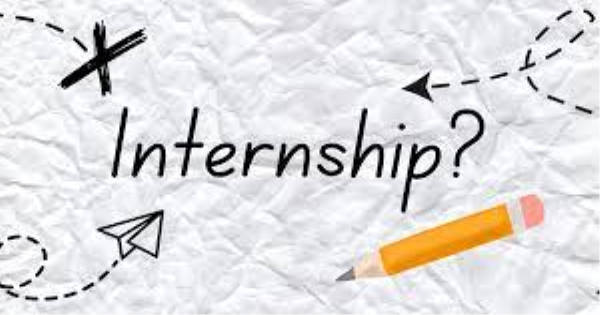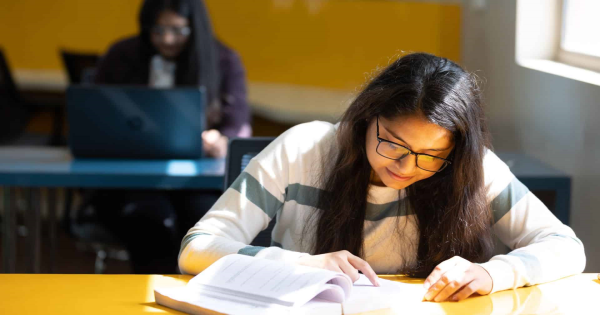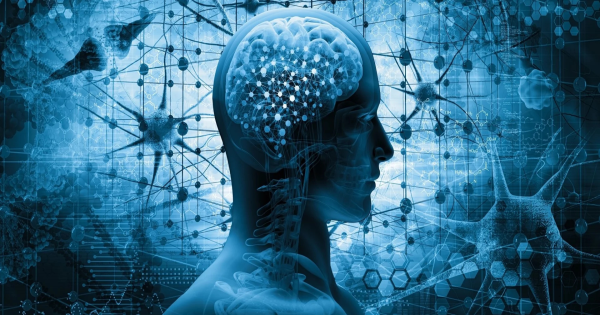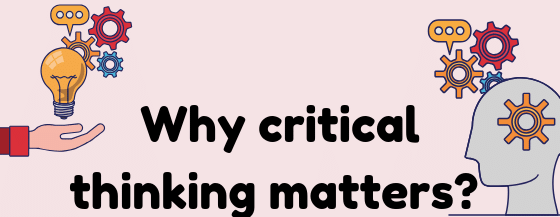
In an era of information overload, rapid technological advancement, and complex global challenges, critical thinking has emerged as an essential skill for navigating the modern world. This fundamental cognitive ability – to analyze, evaluate, and form reasoned judgments – has become increasingly crucial in both professional and personal spheres.
The Information Age Challenge
In today's digital landscape, we face an unprecedented volume of information from countless sources. This abundance creates several challenges that make critical thinking essential:
Information Overload
- Constant exposure to news, social media, and digital content
- Multiple competing narratives on every issue
- Difficulty distinguishing reliable sources from unreliable ones
- The challenge of processing and retaining relevant information
Misinformation and Disinformation
- Rapid spread of false information through social networks
- Sophisticated techniques for creating and distributing fake news
- AI-generated content that appears authentic
- The challenge of verifying facts in real-time
Professional Demands in a Changing Workplace
The modern workplace increasingly values critical thinking as a core competency:
Problem-Solving Requirements
- Complex challenges requiring innovative solutions
- Rapid technological changes demanding adaptability
- Cross-functional collaboration necessitating diverse perspectives
- Strategic decision-making in uncertain environments
Career Advancement
Critical thinking skills directly impact professional growth through:
- Better decision-making capabilities
- Enhanced problem-solving abilities
- Improved leadership potential
- More effective communication skills
The Role of Critical Thinking in Decision Making
Critical thinking fundamentally improves decision-making processes by:
Analysis and Evaluation
- Breaking down complex problems into manageable components
- Identifying patterns and relationships
- Assessing evidence and arguments objectively
- Recognizing biases and logical fallacies
Reasoned Judgment
- Weighing multiple perspectives
- Considering short-term and long-term consequences
- Evaluating risks and benefits
- Making decisions based on evidence rather than emotion
Social Media and Digital Literacy
The prevalence of social media makes critical thinking particularly important:
Content Evaluation
- Assessing the credibility of online sources
- Understanding context and motivation behind posts
- Recognizing emotional manipulation tactics
- Identifying sponsored content and advertising
Digital Citizenship
- Responsible sharing of information
- Engaging in constructive online dialogue
- Protecting personal privacy and security
- Contributing to healthy online communities
Global Challenges and Complex Problems
Modern global issues require sophisticated critical thinking:
Environmental Challenges
- Climate change solutions
- Sustainable resource management
- Environmental policy evaluation
- Balancing economic and ecological concerns
Social Issues
- Cultural diversity and inclusion
- Economic inequality
- Healthcare access
- Educational reform
Education and Learning
Critical thinking transforms educational experiences:
Active Learning
- Questioning assumptions
- Seeking deeper understanding
- Connecting concepts across disciplines
- Applying knowledge to real-world situations
Lifelong Learning
- Adapting to new information and technologies
- Developing research skills
- Building analytical capabilities
- Maintaining intellectual curiosity
Personal Growth and Development
Critical thinking contributes to personal development through:
Self-Reflection
- Understanding personal biases
- Evaluating beliefs and values
- Recognizing areas for improvement
- Making informed life choices
Emotional Intelligence
- Managing emotional responses
- Understanding others' perspectives
- Developing empathy
- Building stronger relationships
Scientific and Technical Understanding
In our technology-driven world, critical thinking helps:
Scientific Literacy
- Understanding scientific methods
- Evaluating research findings
- Distinguishing science from pseudoscience
- Applying scientific principles to daily life
Technical Competence
- Adapting to new technologies
- Evaluating technical solutions
- Understanding system relationships
- Solving technical problems
Media Literacy and Consumption
Critical thinking is essential for responsible media consumption:
Content Analysis
- Identifying bias in reporting
- Understanding media ownership influences
- Recognizing propaganda techniques
- Evaluating source credibility
Information Selection
- Choosing reliable information sources
- Balancing different viewpoints
- Managing information consumption
- Creating personal knowledge frameworks
Business and Economic Decision Making
Critical thinking enhances business acumen through:
Market Analysis
- Evaluating market trends
- Assessing competitive landscapes
- Understanding consumer behavior
- Identifying business opportunities
Strategic Planning
- Developing long-term strategies
- Anticipating market changes
- Managing risks
- Optimizing resource allocation
Civic Engagement and Democracy
Critical thinking strengthens democratic participation by:
Political Analysis
- Evaluating political claims
- Understanding policy implications
- Assessing candidate qualifications
- Making informed voting decisions
Civic Responsibility
- Participating in public discourse
- Understanding civic processes
- Contributing to community solutions
- Engaging in constructive dialogue
Future Challenges and Opportunities
Critical thinking will become even more important for:
Emerging Technologies
- AI and automation impacts
- Ethical considerations
- Privacy concerns
- Technological adaptation
Social Evolution
- Changing work environments
- Cultural transformations
- Global interconnectedness
- Demographic shifts
Developing Critical Thinking Skills
Important steps for enhancing critical thinking include:
Practice and Training
- Regular analytical exercises
- Diverse problem-solving experiences
- Structured learning opportunities
- Feedback and reflection
Tools and Techniques
- Logical reasoning frameworks
- Decision-making models
- Analysis methodologies
- Evaluation criteria
Critical thinking has never been more vital than in today's complex, fast-paced world. As we face unprecedented challenges and opportunities, the ability to think critically becomes essential for success in professional endeavors, personal growth, and societal contribution. The skills of analysis, evaluation, and reasoned judgment help us navigate information overload, make better decisions, and contribute meaningfully to solutions for global challenges.
The importance of critical thinking will continue to grow as technology advances and society becomes more complex. Developing and maintaining strong critical thinking skills is not just an academic exercise but a crucial life skill that enables individuals to thrive in an ever-changing world. By embracing and cultivating critical thinking abilities, we better prepare ourselves to face future challenges, make informed decisions, and contribute positively to our communities and the world at large.
As we move forward, investing in critical thinking development – both personally and in our educational and professional institutions – becomes increasingly important. This investment will yield returns in better decision-making, more effective problem-solving, and stronger communities equipped to handle the challenges of tomorrow.
Ilmkidunya




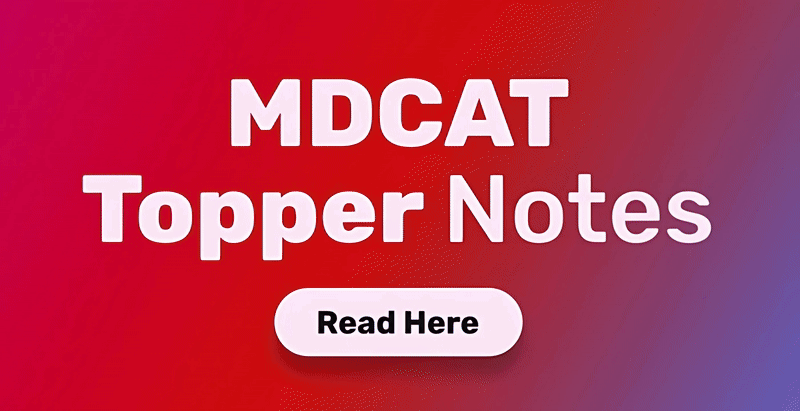



.gif)









